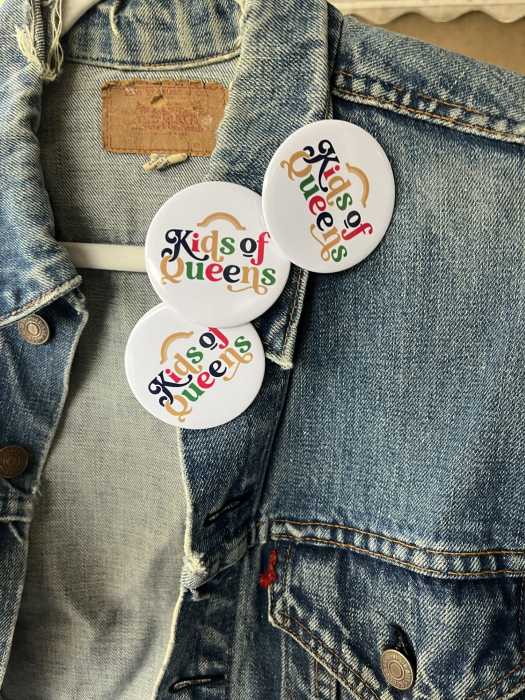We teens are not quite old enough to be in charge, yet whether it be groceries, gas or clothes, we have no problem charging it - on our parents’ accounts. With the nation sinking beneath the weight of a growing debt of over $9 trillion, and our economy taking blow after blow, it is time for my generation to start accounting for - and slowing the depletion of - our families’ bank accounts.
A tank of gas here, a trip to the grocery store there, does not seem to faze us. We are so used to our parents taking care of our financial matters that the dire situation of the U.S. economy could not be less important to us.
Unfortunately, with the rapidly rising prices on consumer goods, and the price of a gallon of gas breaking the $4 mark in Queens, it is time for teens to become aware of their spending habits and work toward making them more stable. We should do so that when it comes our time to govern; our country and our personal finances might be checked and balanced.
I am only 17, not even old enough to vote, yet old enough to contribute to our economy via the help of my parents’ credit. I was given a credit card for the two “G’s - gas and groceries.” Since I associate gas and groceries as part of my daily necessities, I do not consider spending on either one a “splurge” or a “bad investment.”
I usually only calculate how much something will cost if I am buying clothes at a store. However, recently, I have become increasingly aware that the price of fresh fruit has skyrocketed. As a sucker for fresh produce, piles of ripe-to-perfection fruit find their way into my grocery cart and a trip to the grocery store could set me, actually, my parents, back another $100. The same problem occurs with gas. I commute from place to place often and I am always giving my friends rides. I have to fill up my tank almost every week now. However, no worries, I just swipe my magic plastic card and it is good to go - until my parents get the bill.
Most teens do not give a second thought to their spending because budgeting money is not a skill that is taught or acquired until a little later on in life. Sure, we have to take economics in high school, and some teens know how to budget their finances because they have jobs.
However, most of us, including myself, do not have a thorough grasp of how our reckless spending is affecting not only our families, but also our nation. With our economy suffering from steadily increasing prices, it is time for parents to show their kids how to be responsible and accountable for the money they spend.
In with the debit, out with the credit should be the new teen mantra. Debit cards are a good first step for teens to start becoming more aware of how much money they are spending. Put a set amount on the debit card each month, assuming your teen holds up their end of the bargain with grades and chores, and make it clear that what they have on their debit card for that month is all that will they will have to spend until next month. This way, teens will have to conscientiously monitor how much they spend on gas, groceries, and everything in between. If they know that their source of income is limited, they will be more likely to ration out their money and spend it more frugally on only the things that are important and necessary to them.
As most teens, I have a much harder time spending my own money on things than I have spending my parents’ money. If I know that I will not be reimbursed for something, I carefully weigh the pros and cons of a purchase before I make any final transactions.
In addition, if I know I have to pay for my own gas, I will be more aware of how many miles I am driving each week, so I will not waste gas. Debit cards ensure a fixed amount on your teens’ spending.
Perhaps if they learn to budget their spending and the importance and rewards of saving, teens could start having more appreciation for the value of a dollar and understand the importance of investing wisely.
When we want something, we want it NOW! We do not think about how our financial situation will pan out in the end, nor do we consider what it is costing someone else. We should learn from the reckless and excessive spending habits of our government so we can begin working toward a debt-free future.


































